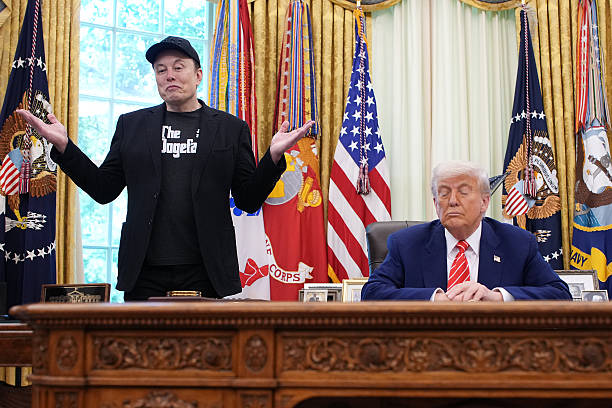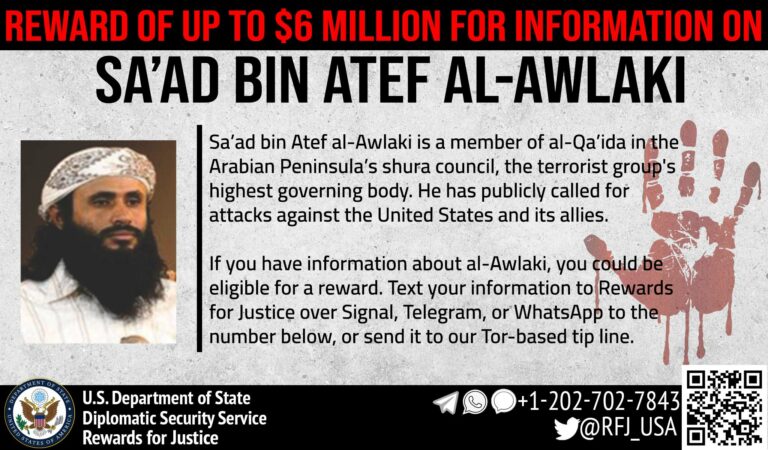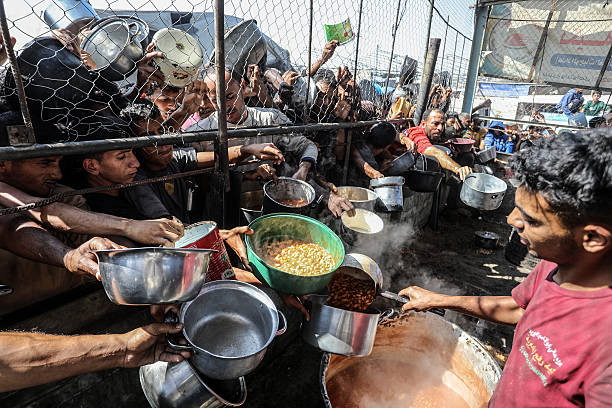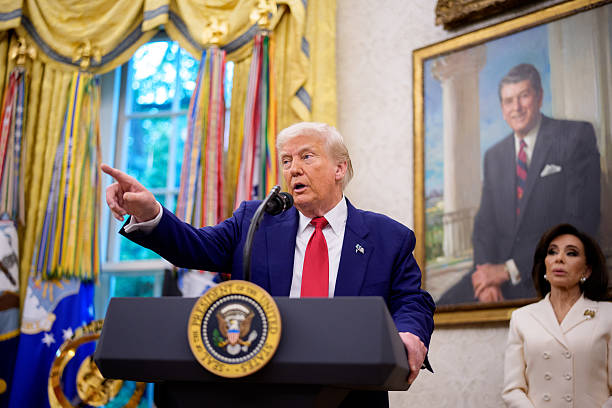Israel Launches Major Strike on Iran Targeting Nuclear Sites, Key Officials Feared Dead
Israel launched a major strike on Iran targeting nuclear and military sites, reportedly killing key officials, escalating Middle East tensions and prompting global concern.
 TEHRAN, IRAN - JUNE 13: A view of a damaged building in the Iranian capital, Tehran, following an attack, on June 13, 2025. Israeli Defense Minister Israel Katz has announced that Israel conducted strikes on Iran. (Photo by Fatemeh Bahrami/Anadolu via Getty Images)
TEHRAN, IRAN - JUNE 13: A view of a damaged building in the Iranian capital, Tehran, following an attack, on June 13, 2025. Israeli Defense Minister Israel Katz has announced that Israel conducted strikes on Iran. (Photo by Fatemeh Bahrami/Anadolu via Getty Images)Israel launched a large-scale attack on Iran’s capital early Friday, striking multiple nuclear and military sites in what is being described as the most significant assault Iran has faced since the 1980s war with Iraq. The operation, which Israeli officials said was aimed at halting Iran’s nuclear ambitions, has escalated tensions dramatically across the Middle East.
Iranian state television reported that Gen. Hossein Salami, the leader of Iran’s paramilitary Revolutionary Guard, was feared dead. The deaths of another top Guard official and two nuclear scientists were also reported, but further details were not provided. If confirmed, the loss of Salami would mark a severe blow to Iran’s leadership and could provoke a substantial retaliatory response.
Israeli Prime Minister Benjamin Netanyahu said in a YouTube address that the attacks targeted both nuclear and military facilities, as well as senior figures in Iran’s nuclear and ballistic missile programs. He declared that the military operation would continue “for as many days as it takes to remove this threat.”
The Israeli government framed the attack as a necessary preemptive move against what it described as an imminent Iranian threat to develop nuclear weapons. However, it remains unclear how close Iran actually is to obtaining such a capability. Israeli Defense Minister Israel Katz confirmed the strikes and warned of immediate missile and drone retaliation from Iran. He declared an emergency situation on Israel’s home front and urged civilians to follow safety instructions from the authorities.
In Washington, the Trump administration stated it had not been involved in the Israeli operation. U.S. Secretary of State Marco Rubio said Israel had taken "unilateral action" and informed the United States in advance that it considered the strikes vital for its self-defense. The White House emphasized that protecting American personnel in the region remains the administration’s top priority and warned Iran against retaliating against U.S. interests.
The attack came just hours after the International Atomic Energy Agency’s Board of Governors censured Iran for failing to cooperate with inspections, marking the first such rebuke in 20 years. In response, Iran announced plans to construct a third uranium enrichment site and to install more advanced centrifuges.
The conflict has already begun to ripple across global markets. Brent crude oil prices surged nearly 5% following news of the attack.
Both Iranian and Israeli airspace were closed in the aftermath of the strikes. Reports from Tehran described multiple explosions throughout the capital as the operation unfolded. Iran’s government has not officially confirmed the full extent of the damage or the casualties.
At the time of the explosions, President Donald Trump was seen on the White House lawn greeting members of Congress. It is unclear whether he had been briefed on the attack at that moment, as he continued posing for pictures and shaking hands.
Earlier in the week, Trump had expressed hope for a diplomatic resolution and said he had urged Netanyahu to delay any action while negotiations with Tehran were ongoing. “As long as I think there is a (chance for an) agreement, I don’t want them going in because I think it would blow it,” Trump had told reporters.
The Israeli strike, its implications, and Iran’s response remain closely watched as the situation continues to unfold.







Conversation